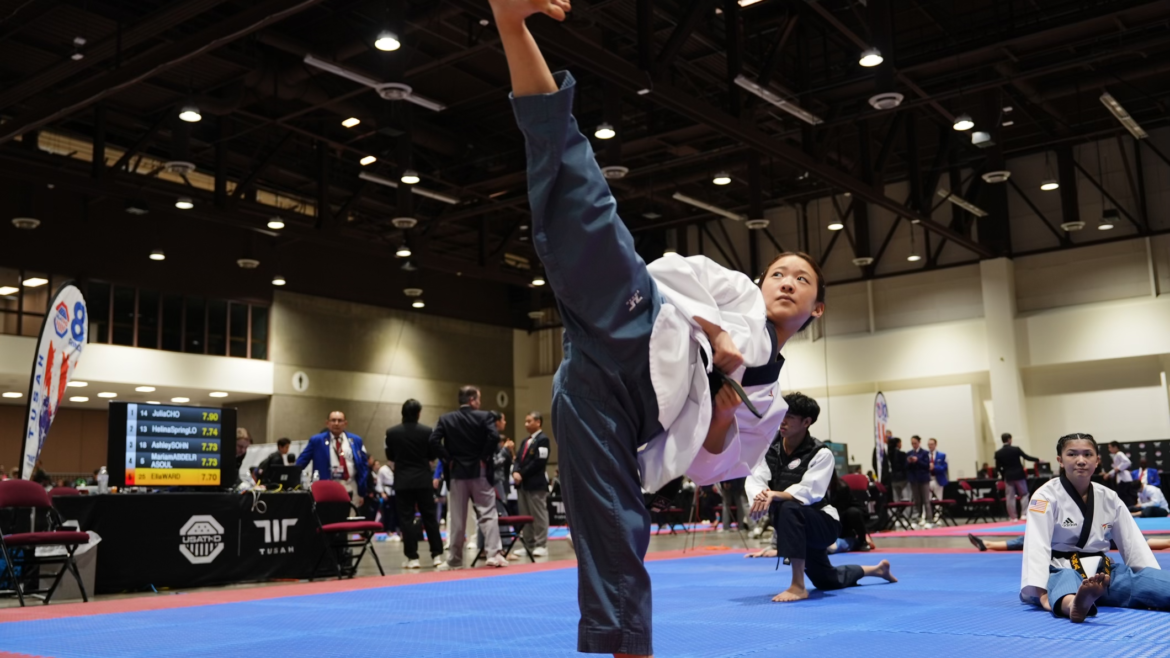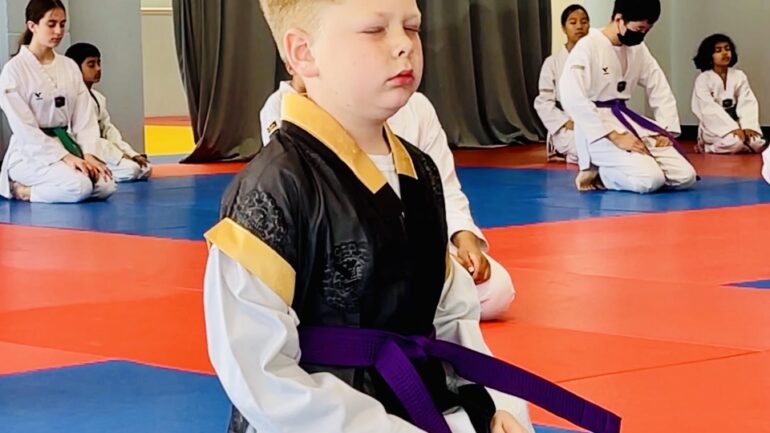This week, students will learn about Confidence.
What is confidence?
Confidence means that you believe in yourself and have a sense of stability and security in your qualities and abilities. Simply put, confidence positively impacts every area of our lives.
The benefits of confidence are as follows:
• reduces stress and increases positive emotions. Confident people can stay calm and composed even in difficult situations.
• enhances self-trust and self-esteem. Confident people acknowledge their abilities and values, and they can strive for their goals and dreams.
• helps in social/intimate/professional relationships and communication. Confident people can form intimate and respectful relationships with others, and they can express their opinions and feelings clearly and confidently.
• contributes to creativity and innovation. Confident people are not afraid of new ideas and challenges, and they can take failures as opportunities for learning.
How can I help build my child’s self-confidence?
- Write down their strengths and find out what activities align with their strengths. For example: Your child is restless and has an endless amount of energy to burn off, sign them up for Taekwondo classes and/or a team sport.
- Be true to yourself and your emotions and teach them to do the same. It is okay to have mixed, multiple, and even negative emotions. You do not have to suppress your emotions. Just don’t let negative emotions stop you from completing your task and/or pursue a dream. For example: If your child says “I’m not going to win at the competition” this negative self-talk can be changed to “I feel nervous about the competition because I don’t feel that I’m as prepared as I want to be, but I will try my best.”
- Rephrase negative self-talk to positive self-talk. Even if your negative self-talk is only in your head, children can sense the negativity. Our children are our shadows. They are always listening and watching us out of curiosity and even necessity. They learn to become human, so to speak, through us, their parents. Model positive affirmations and practice speaking warmly to yourself.
- Write down all things (great and small) that went well this week. For example: If waking up early was a struggle and you were able to wake up early on one day out of the week, write that down. If you went from kicking to your knee to kicking to your hip, write that down. If you were able to finish a book, write that down.
- Address them by their name. But in a higher pitch (lovingly calling a friend you miss) instead of a lower pitch (calling someone getting in trouble). Children will feel special when you call them by name especially when you call them while giving them the eye contact and attention that they so deeply desire from you.
- Join their play and let them lead. Allow your little ones to get your full and undivided attention. Allow them to lead in their games so that they feel that they have control.
- Instead of asking “How was your day?” ask them “What was the best part of your day and why?” Change up your conversation. Children want your attention and want to be known, but not out of obligation. Open doors to conversation so they don’t have to. If you feel that there could be a language barrier, write them a letter using translating apps that you can find online.
- Ask your children for their advice and/or opinion. Children are very smart and you asking for their advice and/or opinion will show and even prove that you think they are smart too.
- Teach them to set and achieve goals. This is what the Mach Martial Arts program focuses on when we help student-athletes progress through each belt and ultimately achieve their black belt. Discuss and write down with your children their tasks for their next belt: https://machtkd.com/belt-test/ for the Username use Belt Test and for the Password use Mach
- Let them know how much you love them. I know this one may be obvious, but it’s usually the obvious ones we tend to take for granted and miss sometimes. Make sure you let them know each and everyday how much you love them by hugging them, giving them attention, reading their body language, if you yelled at them – apologizing and asking them for forgiveness. They are indeed our children, but they are growing into their own completely separate person apart from us.


